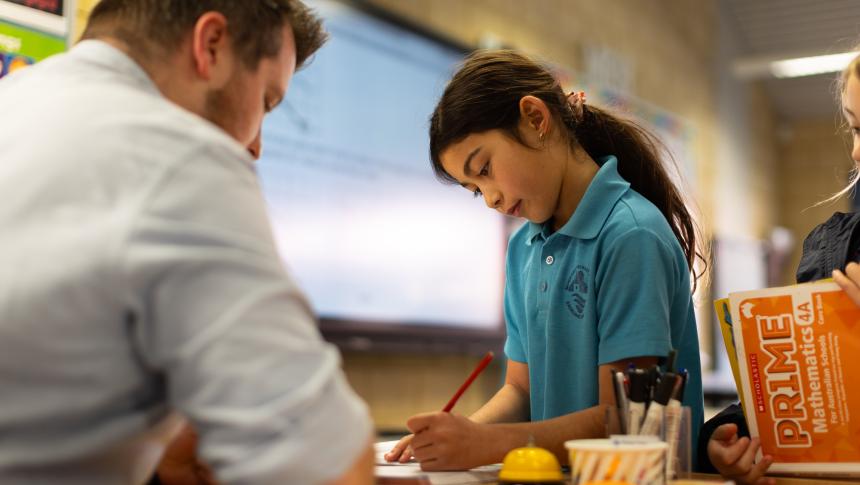Practice resource
Assessing whether evidence is relevant to your context
This practice resource is designed to help teachers, educators and leaders reflect on and decide whether a piece of evidence is relevant to their context and whether the corresponding approach is likely to be effective in their school, service or learning environment.
